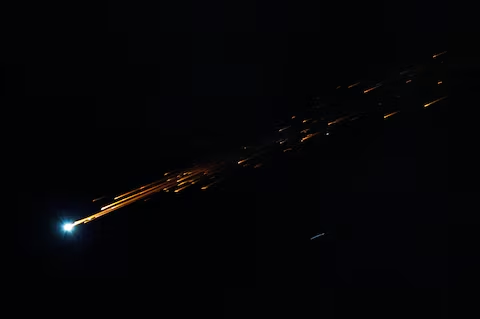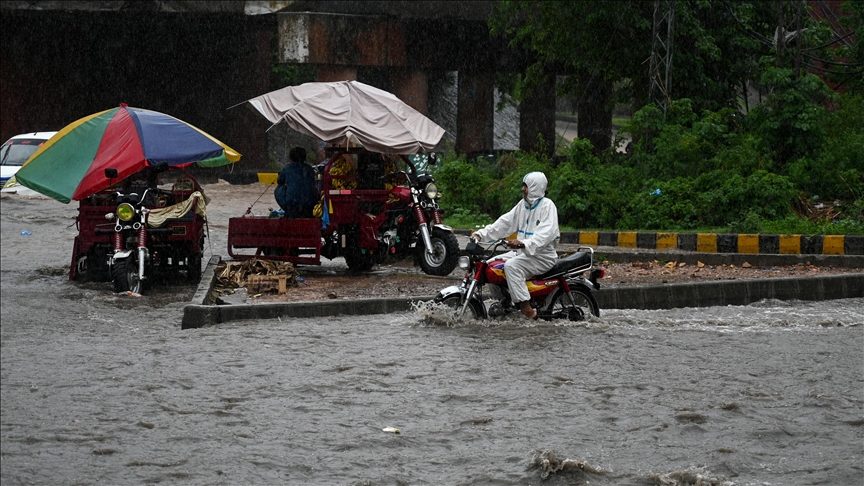Israel’s military announced early Thursday that it is actively working to intercept a missile launched toward its territory from Yemen, in the latest escalation tied to the broader regional fallout from the Gaza conflict. The attempted strike highlights growing security risks to Israel from beyond its immediate neighbors, particularly from Iranian-backed groups operating across the Middle East.
The Israel Defense Forces (IDF) said the missile was launched from Houthi-controlled territory in Yemen, a faction aligned with Iran and known for previously targeting Israel and Red Sea maritime routes with drones and ballistic weapons. “The missile did not pose a direct threat to civilians, but we are taking all necessary measures to intercept it,” the IDF stated.
According to Israeli military sources, the missile triggered early warning systems in the southern part of the country, though no impact or casualties were reported. Air defense units, including the Arrow and David’s Sling systems, were activated as a precaution. The IDF did not confirm whether the missile was successfully intercepted or where it may have landed if not.
The Houthi movement in Yemen has not immediately claimed responsibility, but it has repeatedly vowed to target Israel in solidarity with Palestinians, particularly since the outbreak of the Israel-Hamas war in October 2023. In past months, the Houthis have launched several drones and missiles toward Israel, some of which were intercepted over the Red Sea by Israeli, U.S., or allied forces.
Israeli Prime Minister Benjamin Netanyahu’s office has not yet issued a statement, but Defense Minister Yoav Gallant convened a high-level security briefing with IDF commanders following the incident. Gallant reaffirmed that Israel would continue to neutralize threats “no matter where they originate.”
The attempted strike comes as Israel continues its military operations in Gaza and southern Lebanon, and amid rising tensions with Iranian proxies across the region. Iranian state media have denied direct involvement but have praised the Houthis and other groups for resisting Israeli actions.
Washington has previously warned that Israel’s conflict with Hamas could trigger wider regional instability, particularly with Iran-linked groups seeking to escalate hostilities in Lebanon, Syria, Iraq, and Yemen. U.S. forces stationed in the Red Sea and Gulf region have recently downed multiple drones and missiles believed to be headed for Israel.
Military analysts say the latest launch underscores Israel’s increasingly complex defense posture. “Israel now faces a multi-front missile and drone threat—from Gaza, Lebanon, Syria, Iraq, and now consistently from Yemen,” said Amos Harel, a defense correspondent for Haaretz. “It’s stretching Israeli air defenses and reinforcing the need for regional coordination.”
The United States and the UK have bolstered naval patrols in the Red Sea to safeguard commercial shipping, following repeated Houthi attacks. Israel is also enhancing radar systems in the south and seeking improved coordination with Gulf states concerned about Iran’s influence.
Though the immediate threat appears to have passed, Israeli authorities remain on high alert. Local governments in southern Israel urged residents to stay near shelters and follow updates from the Home Front Command. Schools and public services were operating normally as of Thursday morning.
This attempted missile strike highlights how the Israel-Gaza war continues to draw in actors across the region, turning localized conflict into a broader security crisis. As Israel attempts to contain the situation militarily, its defense forces now face a far more expansive and unpredictable threat environment stretching well beyond its borders.
Source: Reuters



